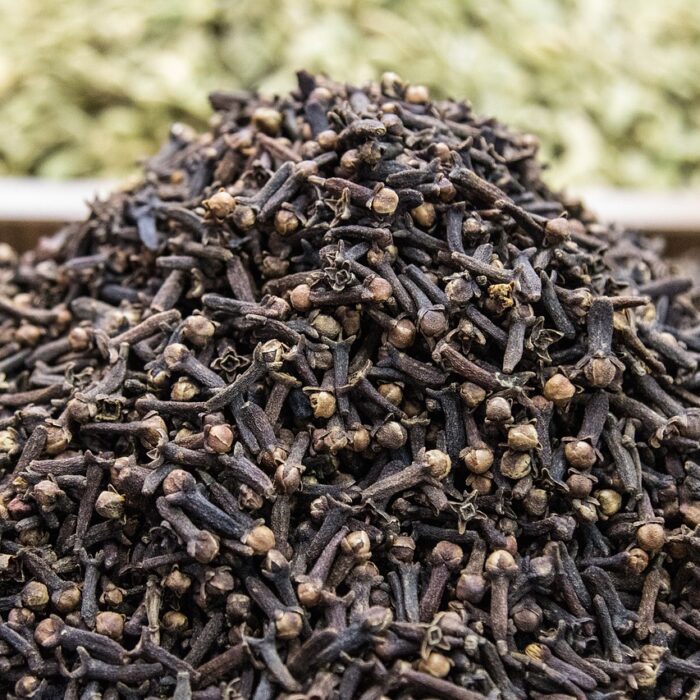
Boosting Your Immune System Naturally
The immune system makes for an indispensable factor of health and well-being in the changing world. A healthy immune system enables the body to fight off infections and diseases. To take care of our immune systems, it is necessary that a number of good habits be developed. Fortunately, there are numerous ways you can enhance your immune system naturally with dietary habits, changes in lifestyle, and stress management.
A proper and well-balanced diet full of vitamins and minerals could definitely rev up the immune system best. Antioxidants in food help fight against oxidative stress and inflammation within the body. Examples include fruits and vegetables. Certain fruits, such as oranges, lemons, and grapefruits, are even very high in vitamin C, which is in charge of increasing the immune system. Other nutrient-dense foods, including berries, leafy greens, nuts, and seeds, all provide key nutrients that support immune health.

It also involves the incorporation of zinc-rich foods in the diet to ensure a healthy immune system. Zinc is one of the essential minerals involved in immune function, particularly for the activation of T-cells, which are members of the body’s white blood cell defense team. Good sources of zinc are legumes, nuts, seeds, whole grains, and, of course, shellfish-all foods easily incorporated into one’s diet.
Besides nutrition, hydration is another major player in the process of immunity retention. Water acts in nearly every process of the body, even in immune responses. It helps the body in removing toxins and keeps your cells hydrated at an appropriate level. Try drinking enough water during the day, or supplement with herbal teas or broths to add in extra hydration and nutrients.
Regular exercise can help keep your immune system healthy. It promotes blood flow and supports the process of generating immune cells. Moderate forms of exercises, such as walking, swimming, or yoga, contribute to your immune response and reduce the risks of illness. Engage in at least 150 minutes of moderate exercise per week for that effect.
Besides, managing stress can be included as one of the major aspects in making your immune system strong. Continuous stress will make the response against infections weaken and affect the capability of your body in handling such conditions. Reducing stress by incorporating practices aimed at releasing stress into daily routine, such as meditation, deep breathing exercises, or mindfulness, will help to keep the level of stress at bay. Besides, relaxation in nature or doing something you like may also help you to distress and improve your general mood.
Adequate sleep is vital for immune health. Rest can help in the repair and regeneration of the body, which in turn supports the immune function and reduces inflammation. Aim for 7-9 hours of quality sleep each night. Establish a regular sleep schedule, relaxing bedtime routine, and make your sleep environment conductive to rest, in order to improve the quality of your sleep.
You can also look into incorporating natural supplements into your routine. It is always a good idea to check with your doctor before taking any new supplements. This will give your immune system the added boost it needs from echinacea, elderberry, and probiotics.
The bottom line is that the bottom line on natural development of the immune system itself involves holistic approaches through diet, exercise, stress management, proper hydration of the body, and rest. If you can practice these habits, then you will start to increase your immune response and get healthier.